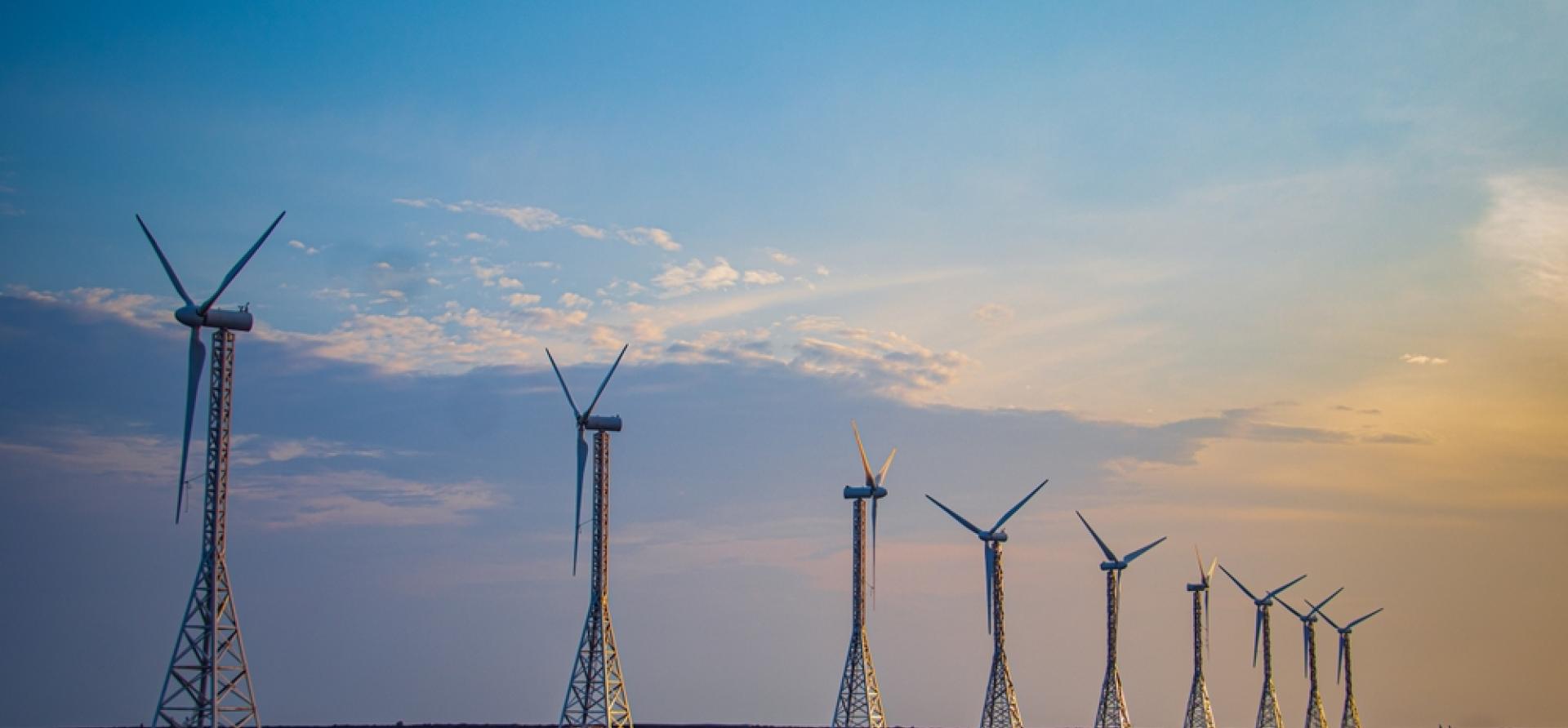Bangladesh should plan for energy security, not just electricity access

Key Findings
Given that the country already has a sufficient power system capacity and yet, experiences load-shedding attributable to energy shortages, the prime concern now should be its energy security.
The upcoming budget can guide Bangladesh towards energy security by allocating more funds for the energy sector and incentivising renewable energy.
In addition to allocating more funds for the energy sector development for local gas exploration, piloting a solar project with storage system and enhancing the quality of electricity supply, Bangladesh could explore the opportunity of repurposing highly inefficient and age-old public sector fossil fuel-based power plants to solar energy.
The waiver of import duties on solar accessories will incentivise the industry and commercial building owners.
More than a decade ago, in 2009, policymakers of Bangladesh's energy and power sectors had an obligation to quickly shore up installed power generation capacity to propel the growing economy. Thirteen years later, Bangladesh has attained 100% electricity access, ensuring power security. But as the geopolitical crisis drives international fossil fuel prices higher, 100% electricity access alone is not enough.
Given that the country already has a sufficient power system capacity and yet, experiences load-shedding attributable to energy shortages, the prime concern now should be its energy security. The upcoming budget can guide Bangladesh towards energy security by allocating more funds for the energy sector and incentivising renewable energy.
Energy sector should receive more funds
A cursory analysis of national budgets of the last decade shows that power sector normally receives the lion’s share of the combined allocation for the energy and power sectors. For instance, in the fiscal year 2022-23 (FY2022-23), the government allocated Bangladeshi taka (Tk) 24,139 crore (US$2.25 billion) for the power sector against Tk1,798 crore (US$0.16 billion) for the energy sector.
This limited investment in energy sector development is often cited as the reason behind the country’s excessive dependence on imported fossil fuels. Although experts claim the country has more gas reserves than what has been explored thus far, insufficient drilling compels the government to rely on imported liquefied natural gas (LNG) for a part of the national demand.
Reportedly, Bangladesh has proven gas reserves for just over 11 years. While Bangladesh seeks international organisations for offshore gas exploration, the Bangladesh Petroleum Exploration Company and Production Company Limited (BAPEX) is mainly responsible for exploring new onshore gas. Notably, BAPEX has identified some additional gas reserves in recent years with limited drillings, but concerns remain over the availability of local gas after 10-12 years. BAPEX also has technical and logistical capacity shortages. Bangladesh should therefore increase the budgetary allocation for the energy sector to enhance the capacity of BAPEX and augment the gas exploration activities, particularly onshore.
Bangladesh currently has an installed capacity of 24,143 megawatts (MW), of which 47.1% run on natural gas. Due to supply shortages in local gas supply, Bangladesh imports LNG to meet roughly 20% of its annual gas demand. As such, the additional allocation for local onshore gas exploration has double dividends – first, it will help limit the import of LNG and investment in costly LNG infrastructures. Second, Bangladesh will further find the opportunity to shield the country from the future unpredictable price shocks of LNG.
Alongside this, the government could earmark resources for piloting one utility-scale solar energy project with a 2-hour storage facility to draw lessons. Furthermore, as battery storage is likely to be feasible in the future, Bangladesh could utilise the pilot's experience in upscaling renewable energy projects with storage systems.
Lastly, Bangladesh needs to modernise its grid and supply quality electricity to the industries. This will allow industries to rely more on grid power than their captive generation but also calls for budgetary help.
Repurposing of the old and inefficient power plants
The delay in utility-scale renewable energy project implementation emanates from the challenges in finding large and suitable lands in Bangladesh. However, some public sector fossil fuel-based power plants are highly inefficient and age-old, which can be good cases of repurposing to solar energy.
Since public sector staff work in the existing plants, Bangladesh may explore whether it can access the Just Energy Transition Fund to repurpose the inefficient fossil fuels-based plants. While this process may take longer, the government could still initiate the exercise for this transition, which has the prospect of reintegrating the existing staff into the clean energy sector and reducing the cost of inefficient systems.
Incentivising rooftop solar
Economically viable rooftop solar is yet to get major traction in the country. Although the net metering guidelines were issued in 2018 and revised in 2019, available data shows that rooftop solar capacity under the net metering guidelines is around 70MW. Despite the viability of rooftop solar systems amid the rising cost of electricity in the country, the waiver of import duties on solar accessories will incentivise the industry and commercial building owners. In turn, Bangladesh could significantly reduce imported fossil fuel consumption.
The budget for FY2023-24 is the ideal platform where the government may declare the waiver of import duties for rooftop solar accessories.
Of course, the government has competing priorities for a developing economy like Bangladesh. Still, the sufficient power system capacity of the country provides a space to shift attention towards energy security. While the priorities were different a decade ago, and the government's initiatives helped cope with the rising power demand, it will also be possible to enhance national energy security supported by budgetary support and prudent measures.
This article was first published by Daily Sun.














